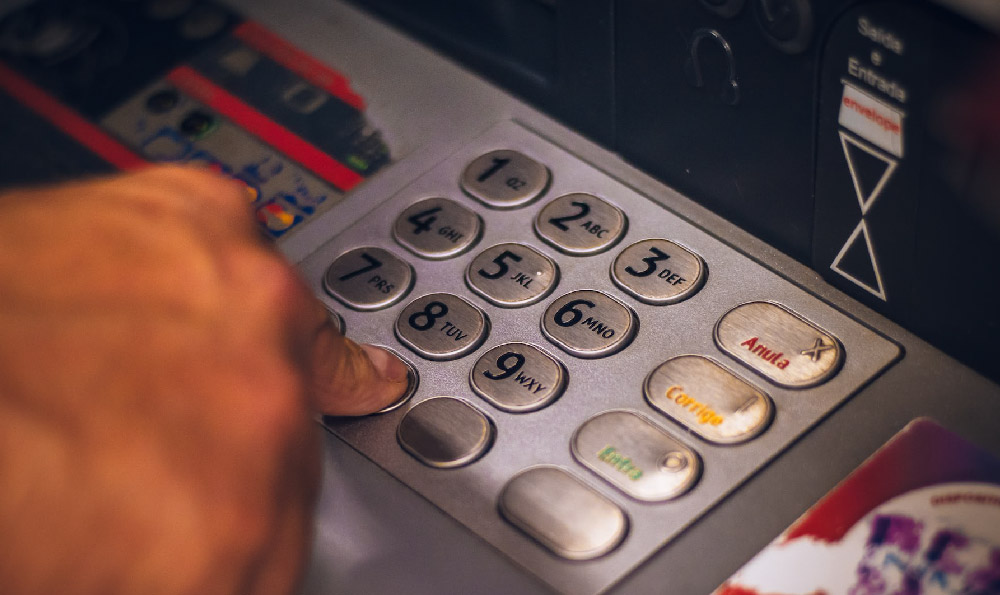Navigating the often-turbulent waters of personal finance can be daunting, especially when the need for immediate funds arises. Platforms like Reddit, teeming with diverse opinions and experiences, might seem like a tempting shortcut to find quick financial solutions. However, the allure of "fast cash" should always be approached with caution, skepticism, and a thorough understanding of the potential risks and rewards involved. Instead of solely focusing on rapid solutions, a more comprehensive strategy encompassing both immediate needs and long-term financial stability is crucial.
One of the first avenues individuals often explore when needing cash quickly is selling unused assets. This could involve decluttering your home and selling items online through platforms like eBay, Craigslist, or Facebook Marketplace. The key here is realistic pricing and effective marketing. Thoroughly research the market value of your items to ensure you're not underselling, and take clear, attractive photos to showcase them in the best light. Similarly, consider selling unwanted gift cards or electronics to specialized retailers or online marketplaces that offer immediate cash or store credit. This method offers a relatively low-risk way to generate funds, as it utilizes existing resources without incurring debt.
Another commonly considered option is taking on short-term gig work. The rise of the gig economy has created a plethora of opportunities to earn money on demand. Driving for ride-sharing services like Uber or Lyft, delivering food with companies like DoorDash or Grubhub, or completing tasks on platforms like TaskRabbit can provide immediate income. While these options offer flexibility and accessibility, it’s important to factor in associated costs such as vehicle maintenance, gas, and potential wear and tear. Furthermore, the income generated can be inconsistent and dependent on factors such as location and demand.

Exploring emergency loans might seem like a viable solution, but it's imperative to understand the different types and their associated terms. Payday loans, for instance, are notoriously predatory, with exorbitant interest rates and fees that can quickly trap borrowers in a cycle of debt. These loans are typically designed to be repaid within a short period, often coinciding with your next paycheck, but their high cost makes them unsustainable for many. Alternatively, personal loans from banks or credit unions can offer more favorable terms and lower interest rates, but they often require a good credit score and a formal application process. Before committing to any loan, carefully compare interest rates, fees, and repayment schedules to ensure it aligns with your financial capabilities.
Dipping into savings or investments should be considered a last resort, but it can be a necessary evil in emergency situations. While withdrawing funds from retirement accounts like 401(k)s or IRAs might seem tempting, it can trigger significant tax penalties and reduce your long-term savings. Similarly, liquidating investments such as stocks or bonds can result in capital gains taxes and potentially locking in losses if the market is down. Before making any withdrawals, carefully assess the potential consequences and explore alternative options. If you must access your savings or investments, prioritize the least impactful assets and develop a plan to replenish them as soon as possible.
Another strategy to consider is negotiating with creditors or service providers. If you're struggling to make payments on existing bills, contact your creditors and explain your situation. Many companies are willing to work with customers by offering temporary payment plans, deferments, or even reductions in interest rates. Similarly, explore opportunities to renegotiate contracts with service providers such as internet, cable, or insurance companies to lower your monthly expenses. Even small savings can add up over time and provide much-needed financial relief.
Beyond immediate solutions, it's crucial to address the underlying causes of your financial hardship and develop a long-term financial plan. This involves creating a budget, tracking your expenses, and identifying areas where you can cut back. Automate savings contributions to build an emergency fund that can cover unexpected expenses without resorting to debt. Consider seeking guidance from a qualified financial advisor who can help you assess your financial situation, set realistic goals, and develop a personalized investment strategy.
Finally, be wary of scams and fraudulent schemes that promise quick riches. In times of financial desperation, individuals can be particularly vulnerable to exploitation. Avoid any opportunities that seem too good to be true, and never provide personal or financial information to unverified sources. Always conduct thorough research and consult with trusted professionals before making any financial decisions.
In conclusion, while the desire for "fast cash" is understandable, it's essential to approach financial challenges with a balanced perspective and a comprehensive strategy. By exploring various options, understanding the associated risks, and prioritizing long-term financial stability, you can navigate difficult times and build a more secure financial future. Remember that seeking professional guidance and avoiding impulsive decisions are crucial steps towards achieving financial well-being.












